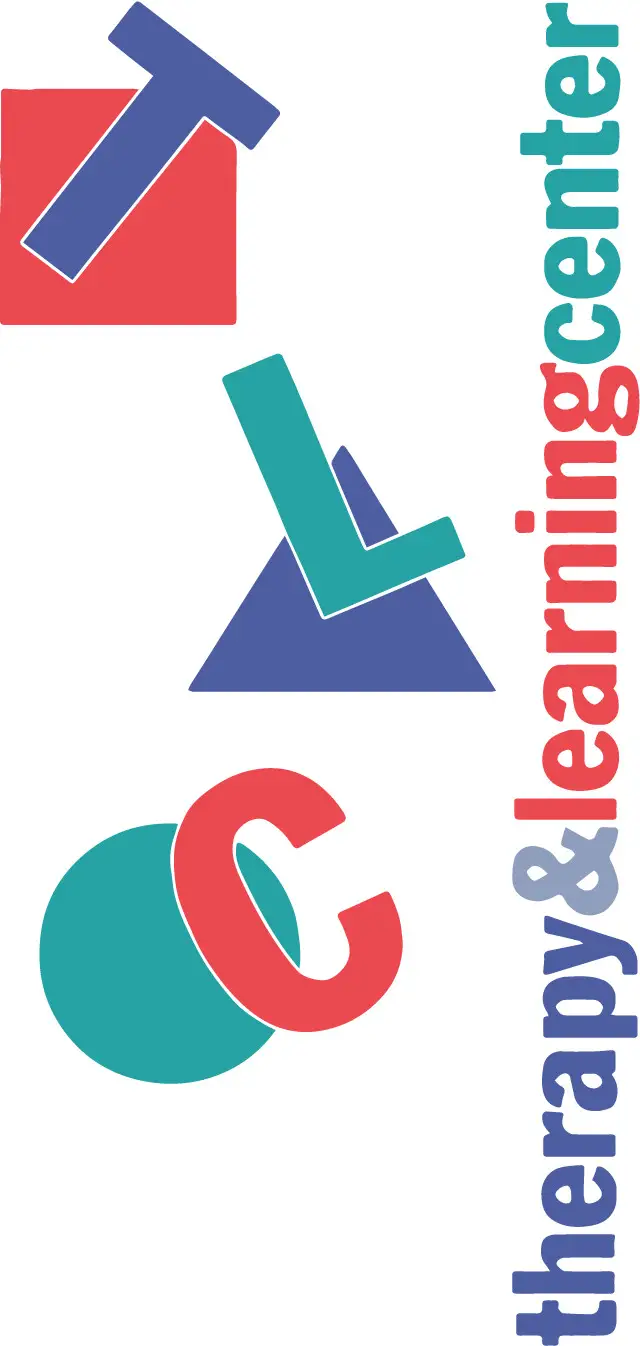
Melatonin for Kids: Is it Safe?
We asked the experts all about melatonin for kids and whether or not kids should take it.
Get can’t-miss family activities sent to you!
Get the Best Family Activities
Higher doses of melatonin (3 to 10 mg) tend to be reserved for children with medically related sleep issues, such as blindness, autism, or ADHD, Dr. Karp notes. He also points out that like many medications, melatonin has possible side effects including drowsiness, headache, dizziness, increased urination, bedwetting, and agitation.
How long should kids use melatonin?
While it’s safe for kids to occasionally take melatonin, the NIH cautions parents against long-term use. Because melatonin is not regulated by the FDA, it does not undergo the same rigorous testing and requirements for approval that prescription medication does. Dr. Karp says this makes it hard to guarantee the purity of the melatonin you buy.
Pediatrician Rosemary Prince, M.D. of ProHEALTH Pediatric Urgent Care of Yorkville, agrees. “There are many variabilities in the ingredients and formulations of these over-the-counter products, so you don’t always know how much of what you might be taking,” Dr. Prince says.
Another reason for caution: There are few large studies or long-term research into the effects of melatonin in kids, and a 2017 study found that there are multiple cases of supplement mislabeling.
Should parents give their kids melatonin?
First and foremost, consult your pediatrician about using melatonin. She can recommend a trusted formula, the right dosage for your child, and when and how often to use. A pediatrician can also help treat underlying disorders that may be related to lost sleep or offer recommendations for various sleep solutions.
Dr. Karp also advises parents to avoid melatonin until all other options are exhausted. “It’s not something you want to use after one bad night, for example. If your tyke is struggling with sleep, I’d recommend trying other methods (including a consistent routine, the use of sleep cues, and cutting off screens an hour before bed), before turning to a supplement,” says Dr. Karp.









